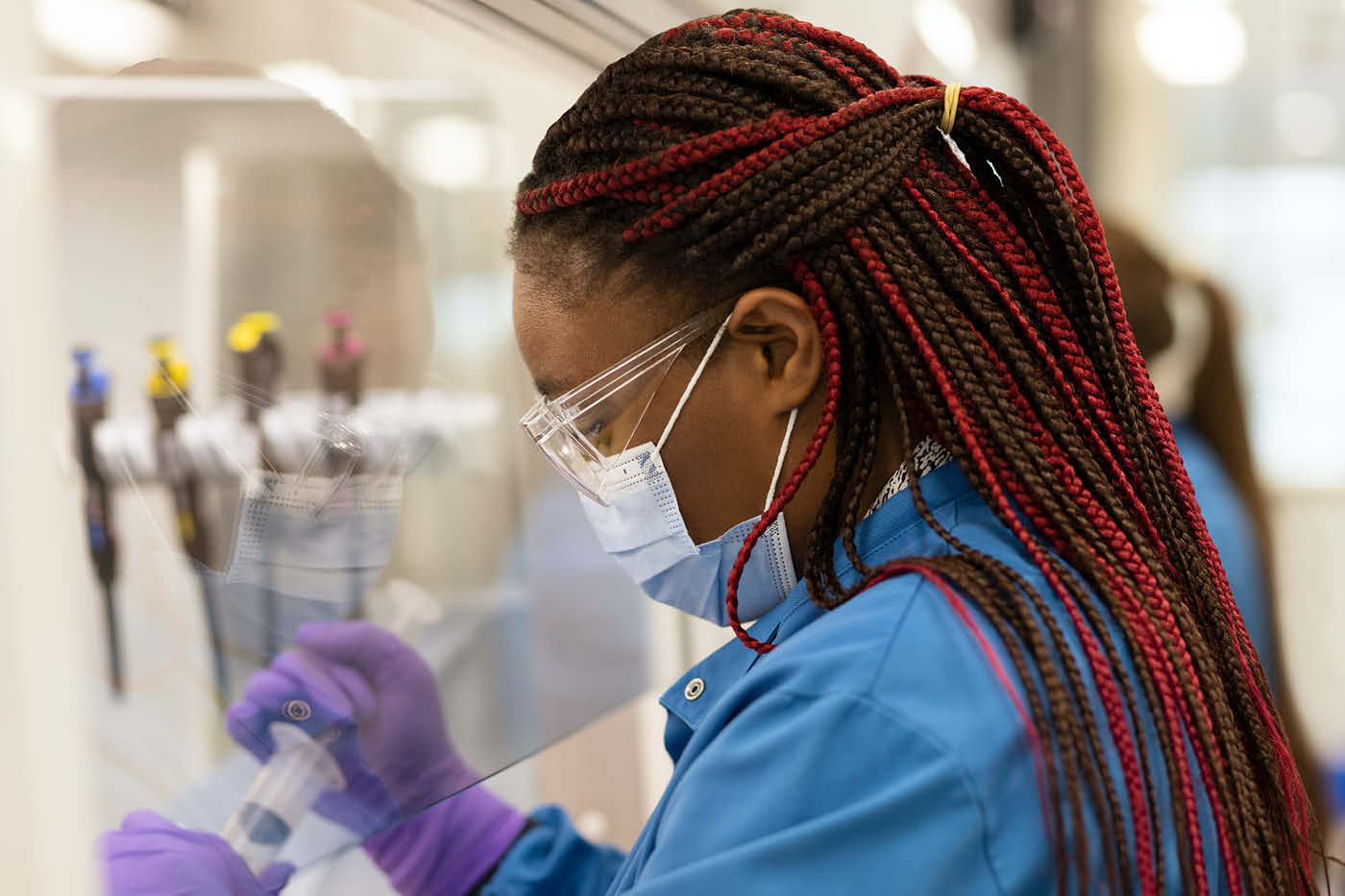In a strategic move that underscores the changing dynamics of the pharmaceutical sector and the economic challenges faced by businesses in Nigeria, GlaxoSmithKline Nigeria (GSK Nigeria) has announced its decision to halt business operations. The decision comes after meticulously evaluating various options, including shifting to a third-party distribution model for its pharmaceuticals and consumer healthcare products.
GSK Nigeria’s half-year sales have taken a substantial hit, plummeting to 7.75 billion naira ($9.82 million) from 14.8 billion naira in the corresponding period of the previous year. The company, a longstanding player in the Nigerian market since 1971, has encountered fierce competition from local players and imports from India and China, leading to a challenging business environment.
“The Board of GlaxoSmithKline Consumer Nigeria Plc has concluded that there is no alternative but to cease operations,” stated GSK Nigeria, reflecting the company’s determined stance. This decision aligns with its British parent company’s strategy, which in 2018 unveiled plans to adopt a distributor-led approach in 29 sub-Saharan African markets, a paradigm shift from its earlier operational framework.
The Haleon Group (HLN.L), a key player in the distribution landscape, is also said to have informed GSK Nigeria of its intent to terminate a distribution agreement and appoint a third-party distributor within Nigeria. This development arises against the backdrop of a country grappling with a cost of living crisis, surging business costs, and a contracting consumer base.
Nigeria’s largest economy has been plagued by persistent inflation, reaching 22.79% in June, further aggravated by recent policy changes, including the removal of petrol subsidies and currency devaluation. These reforms, driven by the new administration under President Bola Tinubu, aim to reignite economic growth and attract foreign investments, easing chronic dollar shortages that have hindered import activities.
GSK Nigeria, a company in which British drugmaker GSK holds a 46.4% stake while Nigerian shareholders own the remaining 53.6%, witnessed a notable decline in its shares, closing at 8.10 naira from a peak of 42.24 naira in 2014. The company plans to return cash to shareholders, except its parent company, GSK.
As GSK Nigeria readies to wind down its operations, the broader implications of this decision within the pharmaceutical landscape and the Nigerian economy remain subjects of keen interest and speculation.



